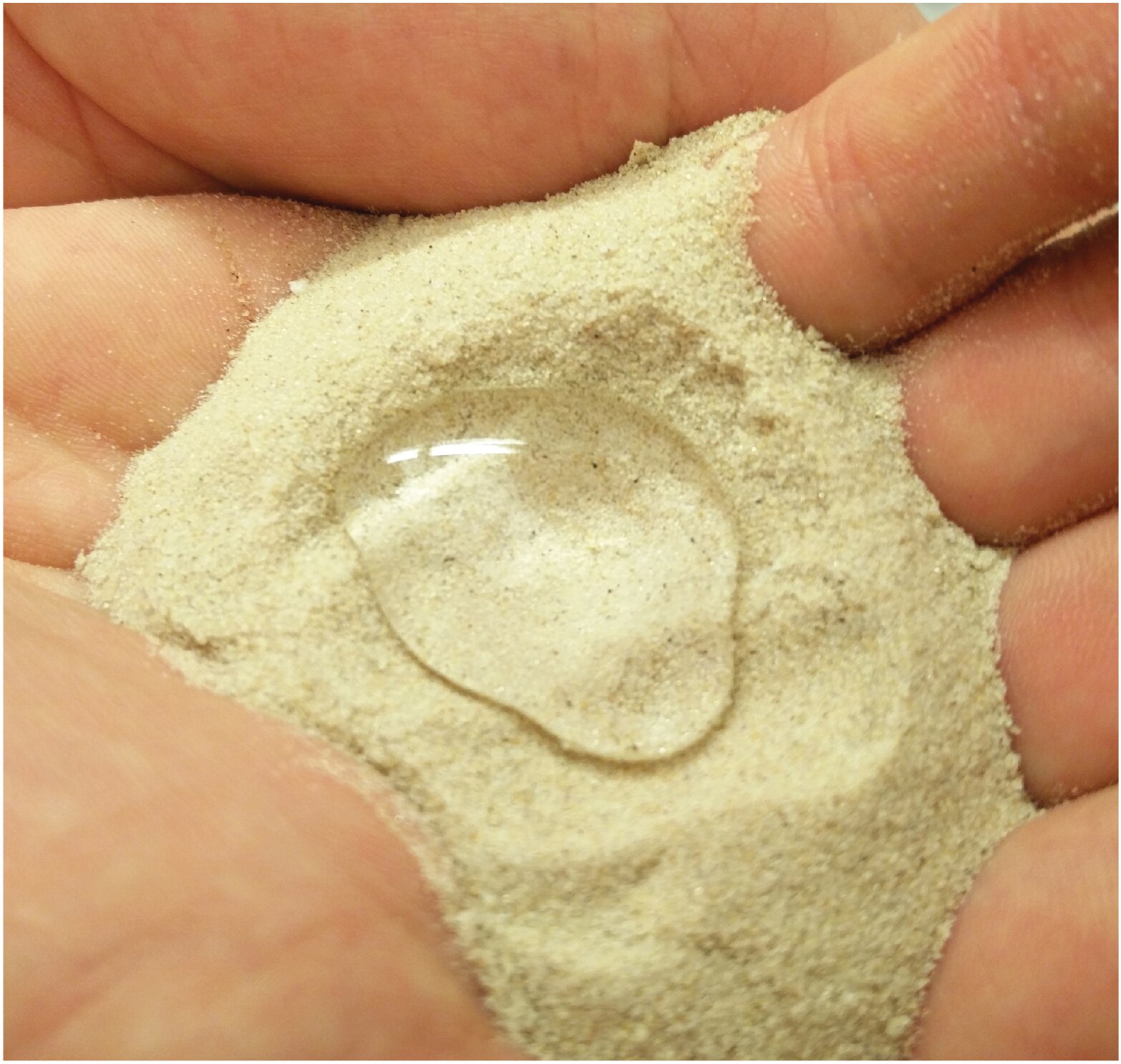10% of the global population is affected by chronic kidney disease (CKD) and millions die each year because of a lack of access to affordable treatment for kidney disease.
Once the kidneys fail, treatment with dialysis or a kidney transplant is needed. Since kidney transplants always have a risk of rejection, dialysis is the most viable option. But the dialysis is a complicated and recurring expensive procedure.
Now, an artificial kidney is offering hope for those requiring dialysis
Researchers from Vanderbilt University Medical Center (VUMC) and the University of California, San Francisco (UCSF) have developed a prototype bioartificial kidney. The bioartificial kidney is implantable and it works without requiring immune-suppressing drugs or blood thinners.
The implantable bioartificial kidney is being developed by The Kidney Project. This bioartificial kidney implant could free patients from dialysis machines and even kidney transplants.
The Project has just earned a $650,000 prize from KidneyX for its first demonstration of a functional prototype. KidneyX is a public-private collaboration between the U.S. Department of Health and Human Services (HHS) and the American Society of Nephrology (ASN).
What’s great about this Artificial Kidney?
The device has been engineered to free kidney patients from dialysis machines and transplant waiting lists. Patients can forgo the painful dialysis procedures and the lifetime on immunosuppressant drugs that have severe side effects.
Shuvo Roy, a faculty member of the UCSF Schools of Pharmacy and Medicine, said “Our team engineered the artificial kidney to sustainably support a culture of human kidney cells without provoking an immune response,”
“The vision for the artificial kidney is to provide patients with complete mobility and better physiological outcomes than dialysis,” “It promises a much higher quality of life for millions worldwide with kidney failure.”







